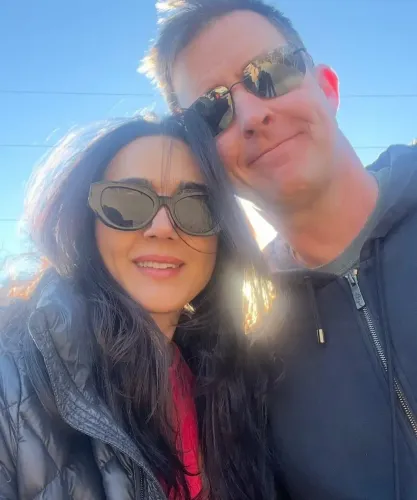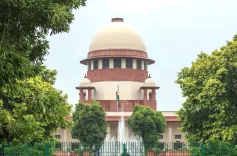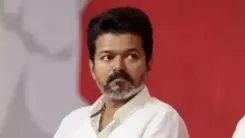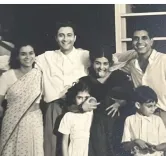Is the ONOE Proposal Unconstitutional? Insights from Former CJI Khanna
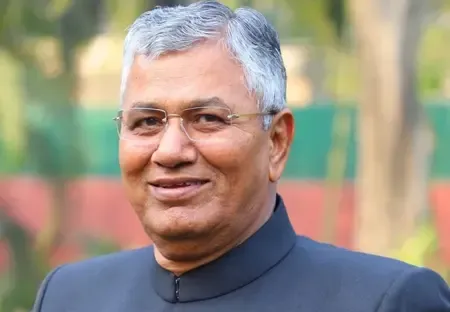
Synopsis
Key Takeaways
- Former CJI Sanjiv Khanna believes the ONOE proposal does not violate the Constitution's basic structure.
- The Joint Parliamentary Committee is actively reviewing the Constitution (129th Amendment) Bill, 2024.
- Infrastructure concerns regarding simultaneous elections are being addressed.
- Justice Khanna emphasized the need for safeguards to ensure the integrity of the election process.
- India has a history of conducting simultaneous elections from 1951 to 1967.
New Delhi, Aug 19 (NationPress) The Chairperson of the Joint Parliamentary Committee on One Nation, One Election (ONOE), P.P. Chaudhary, stated on Tuesday that former Chief Justice of India Sanjiv Khanna spent three hours discussing the proposal, concluding that it is not unconstitutional and does not violate the basic structure doctrine. The basic structure doctrine indicates that while Parliament can amend the Constitution, it cannot alter or destroy its 'basic structure.'
The 39-member JPC is currently reviewing the Constitution (129th Amendment) Bill, 2024, alongside the Union Territories Laws (Amendment) Bill, 2024. These bills are designed to facilitate simultaneous elections for the Lok Sabha and State Assemblies.
In a media interaction, Chaudhary emphasized that the argument regarding insufficient infrastructure to conduct simultaneous elections lacks merit.
“Elections for the Lok Sabha and all State Legislative Assemblies occurred simultaneously from 1951 to 1967. If infrastructure was sufficient back then, we are in a better position today with advanced technology. Thus, the infrastructure issue is not a concern as the Election Commission is well-equipped,” he stated.
“Should there be any infrastructural inadequacies, ample time will be allocated for upgrades,” he added.
Chaudhary affirmed that the committee is diligently evaluating the proposal, and any identified shortcomings will be addressed in their report.
Prior to this, sources indicated that Justice Khanna, while assessing the bill's constitutionality, remarked that it does not directly infringe upon or modify the Constitution's basic structure.
Regarding the powers granted to the Election Commission of India (ECI) under the bill, specifically the ability to postpone elections to State Assemblies as stated in clause 82A(5), Justice Khanna advised caution and recommended safeguards against potential misuse.
Sources reveal that Justice Khanna rationalized that since the ECI is responsible for conducting free and fair elections and has a precise, on-ground understanding of existing conditions, it is suitable to grant this authority to the Commission. Nonetheless, he insisted that such powers should be coupled with adequate safeguards to deter misuse.
Additionally, the former CJI noted that while the bill's intended goal is to lessen the frequency of elections, this objective may not always be realized in practice, particularly in scenarios of premature dissolution of legislatures, as per sources.
Simultaneously, Justice Khanna expressed his confidence in the maturity of India's democracy and political class. He highlighted the absence of mid-term elections in recent decades, reflecting an increase in political stability and institutional resilience, according to sources.
Before Justice Khanna's insights, former Chief Justices Jagdish Singh Khehar and D.Y. Chandrachud had also addressed the committee regarding simultaneous elections in the nation.
The notion of simultaneous elections is not a novel concept in India. Following the Constitution's adoption, elections for the Lok Sabha and all State Legislative Assemblies were conducted together from 1951 to 1967. However, this synchronized election cycle was disrupted in 1968 and 1969 due to the premature dissolution of certain State Legislative Assemblies.



